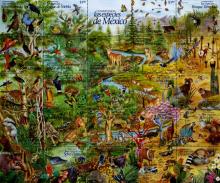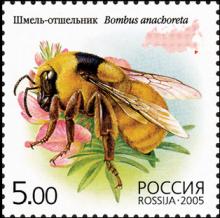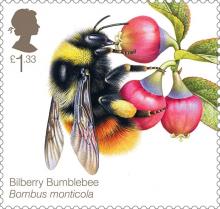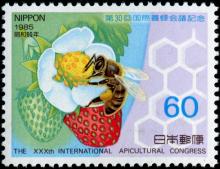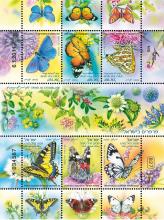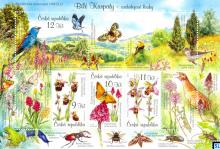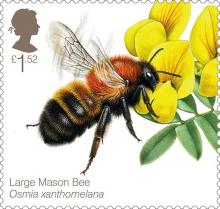Rachel Carson's Silent Spring sounded the alarm. The problem hasn't gone away, it's only intensified
Despite a steady rise in the manufacture and release of synthetic chemicals, research on the ecological effects of pharmaceuticals, pesticides, and industrial chemicals is severely lacking. This blind spot undermines efforts to address global change and achieve sustainability goals. So reports a new study in Frontiers in Ecology and the Environment. Emma J. Rosi , a freshwater ecologist at the Cary Institute and a co-author on the paper, explains, "To date, global change assessments have ignored synthetic chemical pollution.

